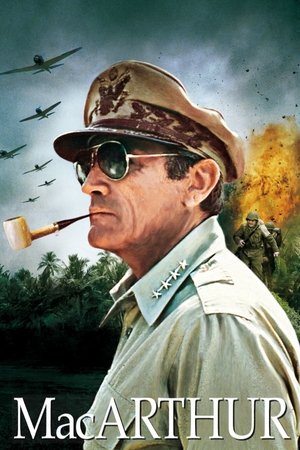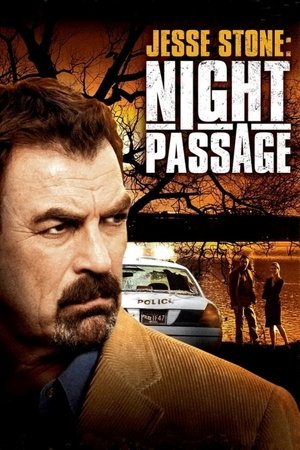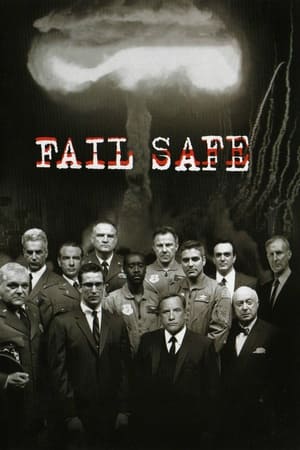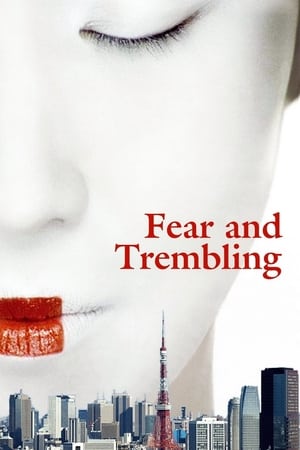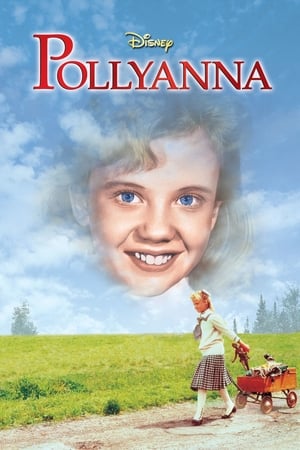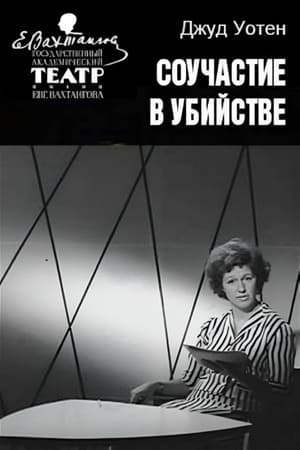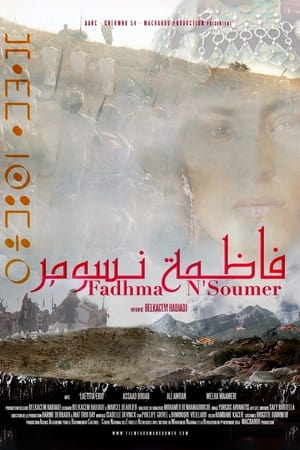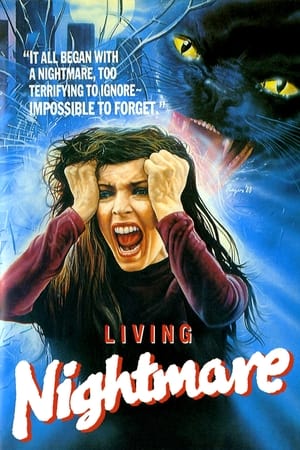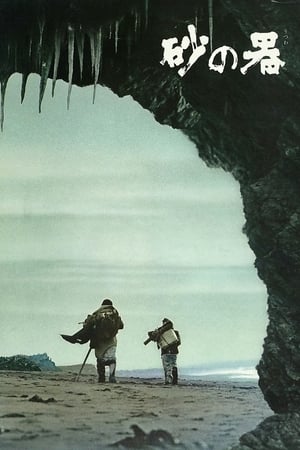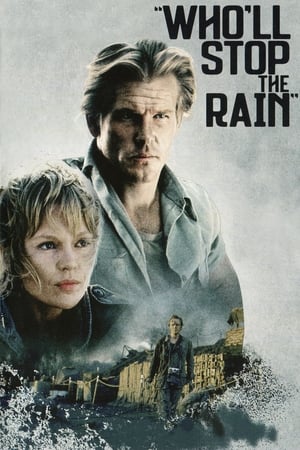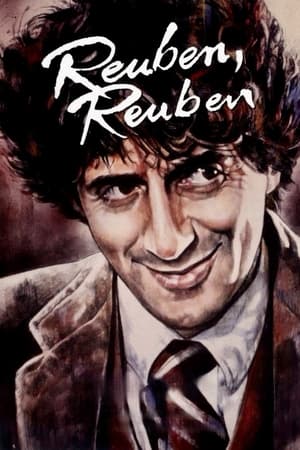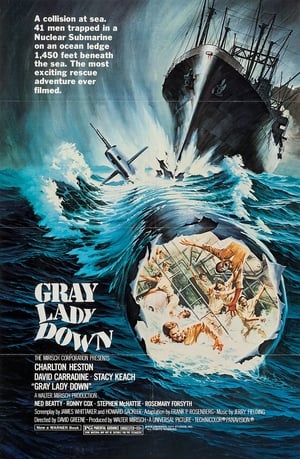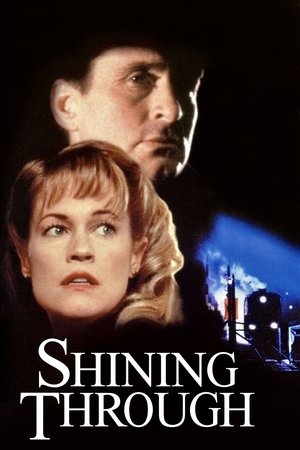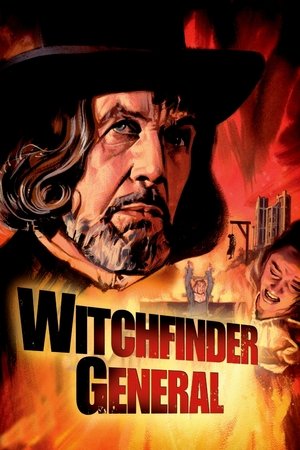Overview
During the Italian Renaissance, Pope Julius II contracts the influential artist Michelangelo to sculpt 40 statues for his tomb. When the pope changes his mind and asks the sculptor to paint a mural in the Sistine Chapel, Michelangelo doubts his painting skills and abandons the project. Divine inspiration returns Michelangelo to the mural, but his artistic vision clashes with the pope's demanding personality and threatens the success of the historic painting.
Reviews
When will you make an end?
When I am finished!
And so it be that that is the often repeated exchange between Rex Harrison's Pope Julius II & Charlton Heston's Michelangelo, and thus we have the basis for the film version of Irving Stone's novel The Agony & The Ectasy. This is a fictionalised account of how Michelango came to paint his masterpiece on the roof of the Sistine chapel, focusing solely on the two main characters of the piece, The Agony & The Ectasy is a character and dialogue driven piece of work.
I'm not here to give you a history lesson on the Renaisssance painters or the background to Pope Julius II (The Warrior Pope) and his term of office, there are many well written comments on this site that revel in that side of things. I'm here purely as a lover of this film and to tell you that I do indeed love it regardless of the obvious historical failings. It spins a smashing story of two great men driven to distraction by each other on account of each respective man's blustery ego, both men seemingly failing to realise that what irks them so, does in fact flourish the soul. Thankfully the two lead actors here put up a special show to carry the film with ease, with both Heston & Harrison really getting their teeth into the roles to feed off of each other with quality results - with one scene having Michelangelo goad Julius off of his sick bed being particularly memorable.
The toil and time consuming lengths that Michelangelo went to finish the wondrous ceiling of the chapel is perfectly captured by the pacing from director Carol Reed, and it's within this mindset that I personally feel engrossed with the characters from beginning to end. Though it should be noted that the film is not without moments of humour, some scenes shaking you away from the men's battle of wills to bring dashes of levity. It's safe to say that one should avoid this film if they are after a searing costume drama infused with battles and death encompassing romances, this is purely for those after fine art, fine acting, and most of all, fine story telling. 8.5/10
Depending on the version you see, this film starts with a gorgeously scored trip around some of the museums of Italy and of the Vatican allowing us to put the sheer magnificence of the talent of Michelangelo Buonarroti into context - and the volume and quality of that body of work, condensed into ten minutes or so, makes this worth watching just as a lesson in the history of art! The story is set during the Papacy of Julius II (Rex Harrison) the warlike, but artistically enlighted Pontiff who commissions and unwilling Charlton Heston to paint the ceiling of the rather run-down Sistine Chapel. Reluctantly, he sets about his task and over the years it takes to complete, Sir Carol Reed explores how their relationship might have evolved. Harrison is not good, there's no denying it - his performance is wooden and his delivery of an admittedly stilted script lacks any charisma. Heston, on the other hand, is better - though perhaps overly theatrical - as the angst-ridden artist who initially hates the idea of painting something 70 foot up in the air, but by the end is completely obsessed. Philip Dunne's screenplay is not his finest; it is wordy and thick - but it does manage to combine history and fiction in a fashion as to give us a glimpse of just how fragile Julius II' 10 year Pontificate was at the start of the 16th Century. Alex North lost out on the Oscar to Maurice Jarre's ""Dr. Zhivago" score but otherwise would surely have scooped the prize as a sumptuous accompaniment to this better than average historical drama.

 138 min
138 min
 7.074
7.074
 1965
1965
 Italy
Italy
 John Chard wrote:
John Chard wrote: